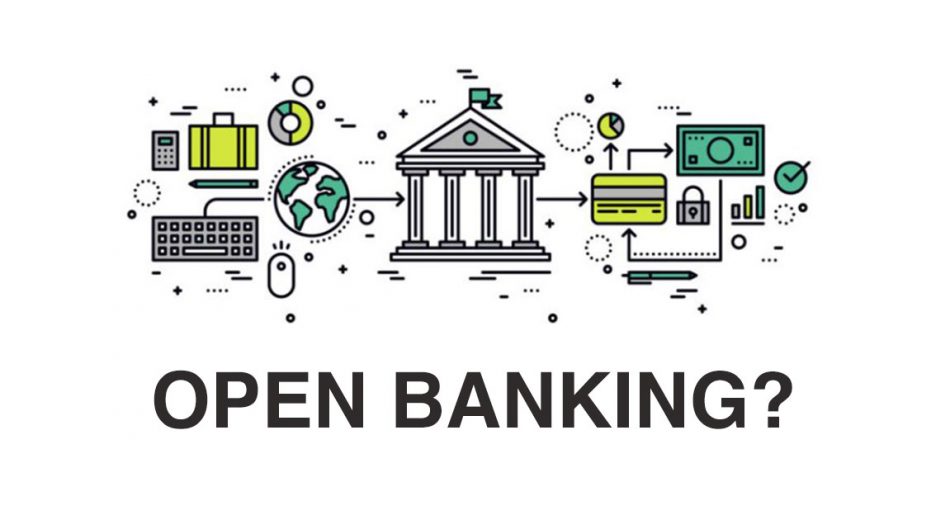
I hosted a dinner focused upon Open Banking recently and what it means to FinTech firms and start-ups. There were no bankers at the table, but a lot of firms who consult, provide systems or are deploying new businesses in FinTech at the table.
The general consensus around the table is that Open Banking is all about customer focus first and foremost. For example, the customer onboarding experience is horrendous today, involving forcing the customer into the branch with all of their identification documents. If we could simplify and take the pain out of that process through APIs, that would be amazing. The question then comes down to: how do you commercialise this? After all, if onboarding could be done like cheque capture via a smartphone camera capturing your face and passport and address, then that becomes a commoditised service that no one wants to pay for but everyone would use.
Equally, how do you get customers to switch from banks to FinTech firms, when they’re happy with the service they’ve got? The biggest switch movement in the UK came around from Santander, but it was costing them a billion pounds a year with the 123 account that paid higher interest rates than any other UK bank account. It did get people to switch but at a very high cost, which is why they’ve dropped it.
People rarely switch bank accounts, and this is the real challenge for the challenger banks. These challengers claim that it starts with gaining their trust through usage. So, you start as a secondary account and then the challenger can use the Open Banking API economy to give information enrichment. That’s what Monzo, one of the leading UK digital banks, does. Over time, you find you’re always using the challenger’s app and so why are you still with the old bank? It’s at that point you switch. That is the idea anyway, but it begs the question: how many challengers will really challenge the big banks versus be acquired by them? This is what has happened with Simple and Atom, who are now owned significantly by BBVA, and many start-ups want the same end game: to be acquired by a big player at a high cost.
Bringing that back to Open Banking, there is a lot of fear, uncertainty and doubt (FUD) about it. This was evidenced by the way the mainstream UK consumer press all said you’d be hacked and defrauded if you allow third party access to your bank account, even though the regulator has forced it to happen. It’s obviously not true – why would a regulator bring in a regulation to make you less secure? – but the FUD works. For example, if a third party compromises your data, who is liable? Where is the burden of proof? Generally, it is with the bank. Equally, GDPR – the General Data Protection Regulation – makes this a tricky one. How can you share all the customer data when the other regulation is telling you not to?
This has all been driven by EU regulations for Open APIs around payments. The UK has gold plated the regulations, and made it into Open Banking, and the bottom line is that banks are being told to open up their data and processes to third parties. But let’s go back to basics: does anyone want this?
We are hearing a lot about banks talking partnership and co-creation, but we haven’t seen much of that happening so far. There may be a lot more in the future, but true partnering between FinTechs and banks is few and far between today. In fact, it appears that most banks are a bit confused about what’s going on. Half of the major banks weren’t ready for Open Banking in time, and many are asking where’s the business case for doing Open Banking, especially if it demands high risk and costly investments in systems upgrades and replacements.
What banks need to ask themselves is what does it mean if we open ourselves up to data sharing through APIs, and what does it mean if our competitors do this? There is a win:win here and, for some bankers, Open Banking presents a huge opportunity to challenge their traditional competitors and their new ones. It’s all about carpe diem, seize the day.
In summary, most of the attendees at my dinner felt there are a lot of things changing around the banks, but little changing in the banks themselves. They believe Open Banking and Open APIs will change banks, but it will be nibbling around the edges of the system and that, by 2025, the big banks will be leaner, faster and cooler, but they will still be the big banks.
Chris M Skinner
Chris Skinner is best known as an independent commentator on the financial markets through his blog, TheFinanser.com, as author of the bestselling book Digital Bank, and Chair of the European networking forum the Financial Services Club. He has been voted one of the most influential people in banking by The Financial Brand (as well as one of the best blogs), a FinTech Titan (Next Bank), one of the Fintech Leaders you need to follow (City AM, Deluxe and Jax Finance), as well as one of the Top 40 most influential people in financial technology by the Wall Street Journal's Financial News. To learn more click here...

